Writing a perfect resume is very hard without acknowledging your flaws. This article will discuss the most commonly made mistakes and their solutions.
After graduating your course or degree it’s time to begin your job search. A crucial aspect of this process is optimizing your resume. The resume or CV is a professional document that gives a summary of your work experience, qualifications, education, and skills. It is usually packaged with a cover letter to illustrate your capabilities and persuade employers that you are a good fit for the job.
Many people go about creating their CVs on intuition, missing key aspects and hampering their own efforts to find a job. Let’s explore what are the most common mistakes that fresh graduates make in their resumes so you can use these as a guide to improve your own professional profile.
Mistake # 1: Not defining major skills
One of the major mistakes fresh grads make is they do not define their work-related skills, rather they focus on soft skills such as time management, adaptability, leadership, etc.
Solution:
Dedicate a separate section of your resume to your skills and educational background without exaggerating. Focus on proven successes: managing high work-loads, improving efficiency, etc. An entry-level applicant with these skills will be a valuable asset to the team.
Pro-tip: Use words wisely so at the time of the interview you are confident enough about what you have written and what your actual skills are.
Mistake# 2: Mentioning education at the end
A recent graduate student’s job prospects almost entirely depend on their education and academic background. Many students neglect mentioning their academic achievements in the beginning of their resume, rather going for their experience at first. Education status must be provided after the summary and skills section.
Solution:
Educational background and degrees, relevant courses, projects, internships, and extracurricular activities that support your application should always come first in your resume. This will instantly grab the recruiter’s attention.
Mistake# 3: Adding too much personal details
The most common resume blunder is adding too much personal information. Your resume should be one page at most, not an encyclopedia of your personal life. The main thing here is to observe the fact that the person reading has to go through dozens of resumes; so you need to make things easier for them. The hiring manager isn’t interested in getting to know you as a person; they want to know if you could bring value to their company in a particular position.
Solution:
Making your details easily skimable by including distinct sections and bulleted lists could help it get past the first round of screening. After you have added all of the necessary information, you can then throw in any interesting clubs and hobbies in the additional space left.
Personal details should include the following:
- Full legal name
- Full Mailing address
- Home phone number (with the area and international codes)
- Cell phone number (with the area and international codes)
- E-mail address
- LinkedIn profile
- Personal Website (if any)
- Location
Expert Suggestion: Make sure that your resume contains only relevant information for the role you are applying to and keep it neat and concise.
Mistake# 4: Poor formatting
On average, employers spend six to eight seconds reviewing a resume. Sometimes fresh graduates over-style or over-format the document due to a lack of experience. A resume is a professional document and it is intended to go through a specific work-related procedure; so, it must be organized and well formatted. The font size of the document must be consistent, as well as the margins, spaces, etc.
Solution:
Always remember “simple is best.” Therefore, use a font size of 10 or higher with white background and avoid confusing templates. Include proper indentation and paragraphing so that your resume will be easily readable and would give a good first impression.
Mistake# 5: Not crafting a compelling summary:
Fresh graduates always ignore the summary section or keep it very vague. However, a summary is actually the highlight of your resume. Adding hooks and significant details in the summary can win you a job instantly because recruiters often analyze this section early in the hiring process.
Solution:
Avoid adding more than 2 soft skills in the summary and keep it short and effective. It should be concise as it gives an initial impression to the recruiter.
Mistake# 5: Grammatical errors
Language mistakes are a big problem when it comes to resumes. They can have a bad impact on the recruiter and make them think you are not serious about the job application process.
Solution:
Always read your resume carefully before sending it on. Or use spell-checking software to correct grammar, punctuation, and other errors in the text. Reduce the risk of making mistakes by taking your time and thoroughly proofreading your text.
Writing a resume can be both challenging and rewarding. According to the latest research, more than 70% of resumes get rejected in the initial screening stage. It’s important to pay attention to detail and spend some time preparing a quality resume. Use this list to make sure you avoid these common resume mistakes every time you’re revising yours for a new job opportunity. By tackling these frequent errors you will gain a leg up over other applicants. With a resume that’s polished, brief, and professional, you’re one step closer to catching the eye of potential employers!




